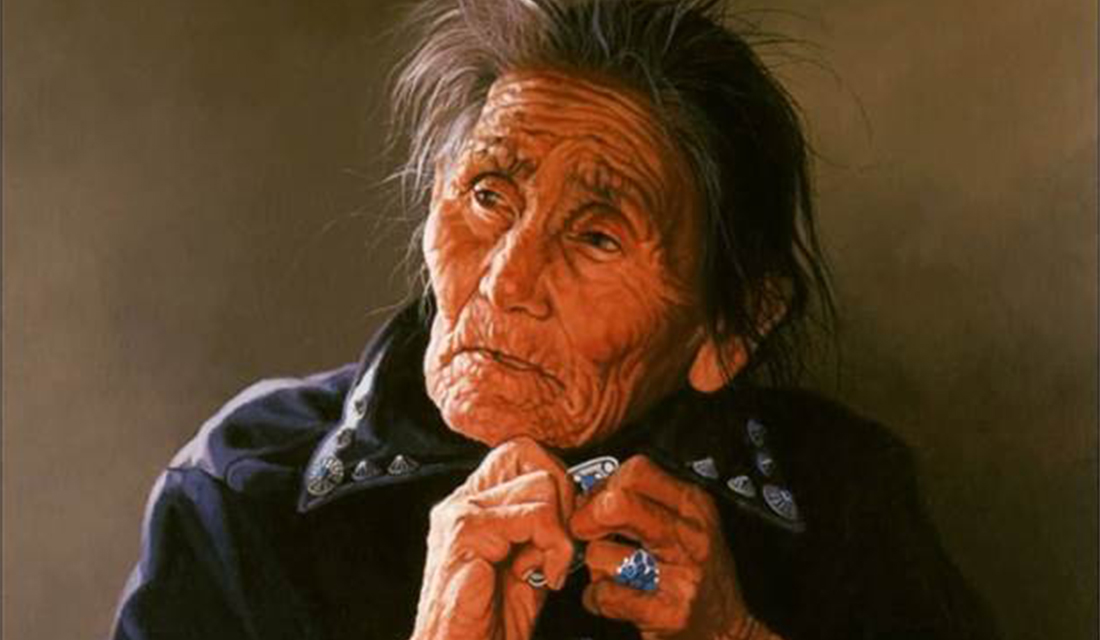Thanksgiving. The simplest and purest of holidays. The most unadulterated. My personal favorite.
That’s what I wanted to write about this week. The way Thanksgiving stands, so noble and dignified, between two of the most commercialized of our society’s holidays. I wanted to wax all eloquent about the importance and impact of Thanksgiving in my own life, and about the anticipation of gathering on Thanksgiving Day for our very first meal together in the new Unbridled House.
I was planning to inspire you with excerpts from the presidential Thanksgiving proclamations of Washington and Lincoln… and the story of one woman whose 15-year editorial influence spread from community to community, and state to state, until the Thanksgiving tradition was finally proclaimed a National Holiday by President Lincoln in 1863.
It’s an inspiring bit of Thanksgiving history I had never heard before, and I wanted to find more. So I kept digging… deeper and deeper… until I was knee-deep in that other bit of history nobody wants to hear about: the broken treaties, the massacres, the abuse of women and children, and the tragic generational fallout for Native Americans. As a child, I totally believed what I was taught in school about Thanksgiving. The Pilgrims. Chief Massasoit. Squanto. The partnership. The joint celebration of thanks for the bounty of the first harvest in the new land. Generations of children have been, and are being, taught “preferred” versions of history by adults who consider their reasons for doing so completely legitimate.
We’re aware of the dark side of the story, of course, but not necessarily all of it… and reading it reminded me of our uncanny ability to forget what we don’t want to remember, to fictionalize the parts of our personal histories that are painful, or ugly. We have our “legitimate” reasons, too, but the truth is that there will be a continued impact in our own lives, and in the lives of our children and theirs, if we refuse to face life honestly. Once again, we’re challenged to choose truth over the revised accounts of history we prefer to believe, whether in our own personal lives, our family lines, or our nation’s history… and to allow true stories of right and wrong, betrayal and reconciliation, forgiveness and restoration inspire hope for the redemption of all who have been wronged and all who have wronged.
There will always be dark sides to our stories and our histories… but it’s also true that there will always be a Light with the capacity to bring a beauty far more glorious than the ugliness we try to hide. An example of that Light broke through for me when I ran across the website of an organization dedicated to promoting awareness, dialogue, healing, and forgiveness for the intergenerational trauma experienced by Native Americans…“so that we can collectively heal from this tragic chapter in United States history.”
The elders of White Bison, Inc. teach the younger generations that “the abilities to both apologize and to forgive one another stand as great personal gifts of healing… and are gatekeepers to open doors that have been closed for too long. Apology and forgiveness can open a gate that allows good work to follow between people who have differences, as well as things in common… and the many public apologies and reconciliations that have taken place in the last half-century or so… express good spirit and intent in different societies and cultures.”
To me, the most moving public apology listed on the website was voiced by Kevin Gover in 2000 on behalf of the Bureau of Indian Affairs for the bureau’s 175 years of misdeeds against Native Americans:
“I do not speak today for the United States. That is the province of the nation’s elected leaders, and I would not presume to speak on their behalf. I am empowered, however, to speak on behalf of this agency, the Bureau of Indian Affairs, and I am quite certain that the words that follow reflect the hearts of its 10,000 employees.
Let us begin by expressing our profound sorrow for what this agency has done in the past. Just like you, when we think of these misdeeds and their tragic consequences, our hearts break and our grief is as pure and complete as yours. We desperately wish that we could change this history, but of course we cannot. On behalf of the Bureau of Indian Affairs, I extend this formal apology to Indian people for the historical conduct of this agency. And while the BIA employees of today did not commit these wrongs, we acknowledge that the institution we serve did. We accept this inheritance, this legacy of racism and inhumanity. And by accepting this legacy, we accept also the moral responsibility of putting things right.”
It’s not by the proclamation of any man, or the campaign of any woman, that we celebrate what Thanksgiving represents. It comes from a natural desire in every heart for the unadulterated beauty of peace and good will toward each other…. and the purity of being thankful for the simple things that really matter in life. It’s the reason our hearts are stirred by heart-felt apologies like the example above… and by steps taken to put things right with others.
I pray we will be moved this Thanksgiving to accept our personal responsibility to apologize and forgive, to take the first step toward reconciliation… and like the Native American elders, to revise history for future generations of their children, and ours, through the pursuit of restoration, reconciliation, and redemption made possible by the great Creator.
To Him be all the glory, and all our thanks, for revising and redeeming all of our stories.
And to you, our heart-felt wishes for a simple, pure, and unadulterated experience of God’s abundant love and mercy this Thanksgiving… and His priceless blessings of forgiveness and reconciliation.


